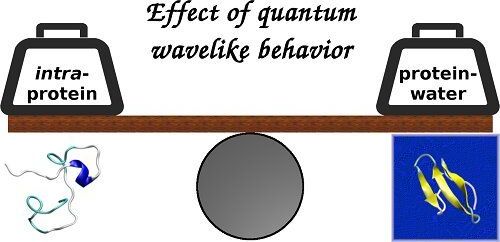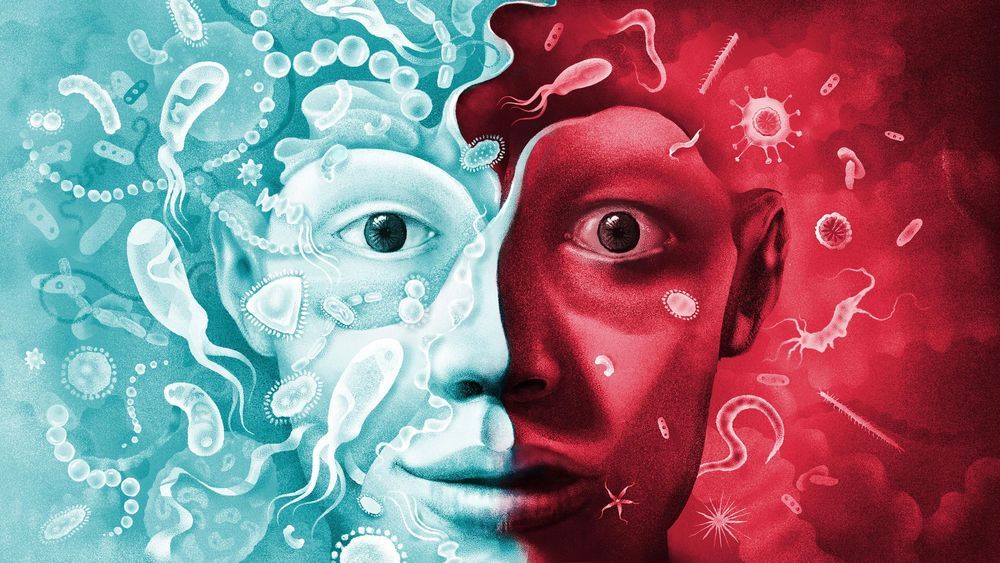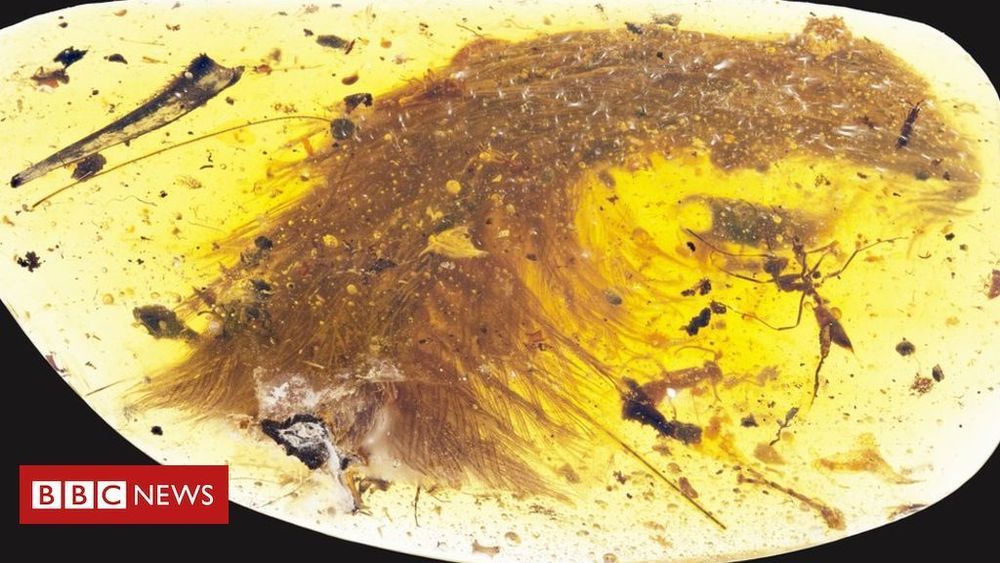If you’re interested in mind uploading, I have a book that I highly recommend. Rethinking Consciousness is a book by Michael S. A. Graziano, who is a Princeton University professor of psychology and neuroscience.
Early in his book Graziano writes a short summary:
“This book, however, is written entirely for the general reader. In it, I attempt to spell out, as simply and clearly as possible, a promising scientific theory of consciousness — one that can apply equally to biological brains and artificial machines.”
The theory is Attention Schema Theory.
I found this work compelling because one of the main issues in mind uploading is how do you make an inanimate object (like a robot or a computer) conscious? Graziano’s Attention Schema Theory provides a methodology.
After reading the book, be sure to read the Appendix, in which he writes:
“First, it serves as a tutorial on the attention schema theory. The underlying logic of the theory will be described in its simplest form. Second, I hope that the exercise will show engineers a general path forward for artificial consciousness.”








